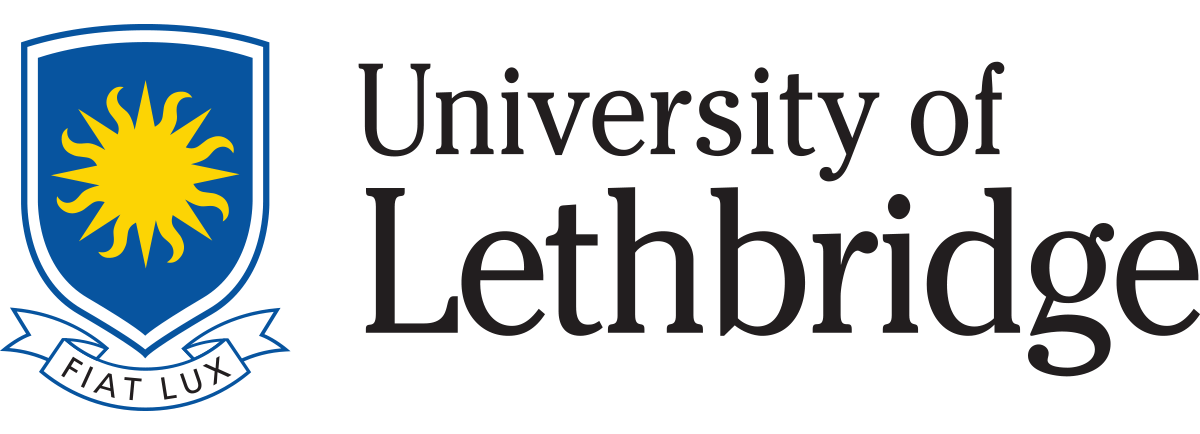The aim of the graduate seminar course will be to discuss various issues related to being a scientist and developing skills necessary to become an independent researcher. The course involves written assignments, presentations and discussions. Topics include: time management, syllabus preparation, effective poster construction, scientific misconduct and fraud, jobs outside of academia, animal welfare and how to improve writing skills.

